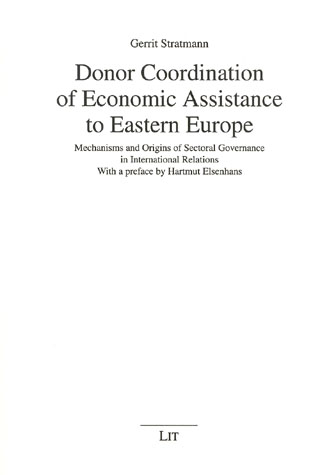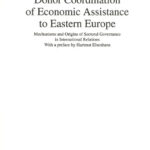Beschreibung
A major restriction to Western aid efforts has been a lack
of coordination. The study on hand explores into the
determinants of successful cooperation between bi- and
multilateral donor agencies at the example of Western aid to
Eastern Europe in the period from 1990 to 1996. In raising
the assumption that networking between international
organizations cannot be stimulated by appealing to
norm-oriented behavior but is contingent upon the existence
of common interests, the idealist view of international
relations is seriously challenged. Comparing different
assistance sectors – energy, telecoms, mass privatization,
agriculture, statistics, central banking, environment and
education – it is shown that donor coordination is a form
of collective action initiated by donors in response to
sectoral market failure which is perceived as significant
because it threatens the non-attainment of basic goals or
inflicts own projects with high costs or risks.


